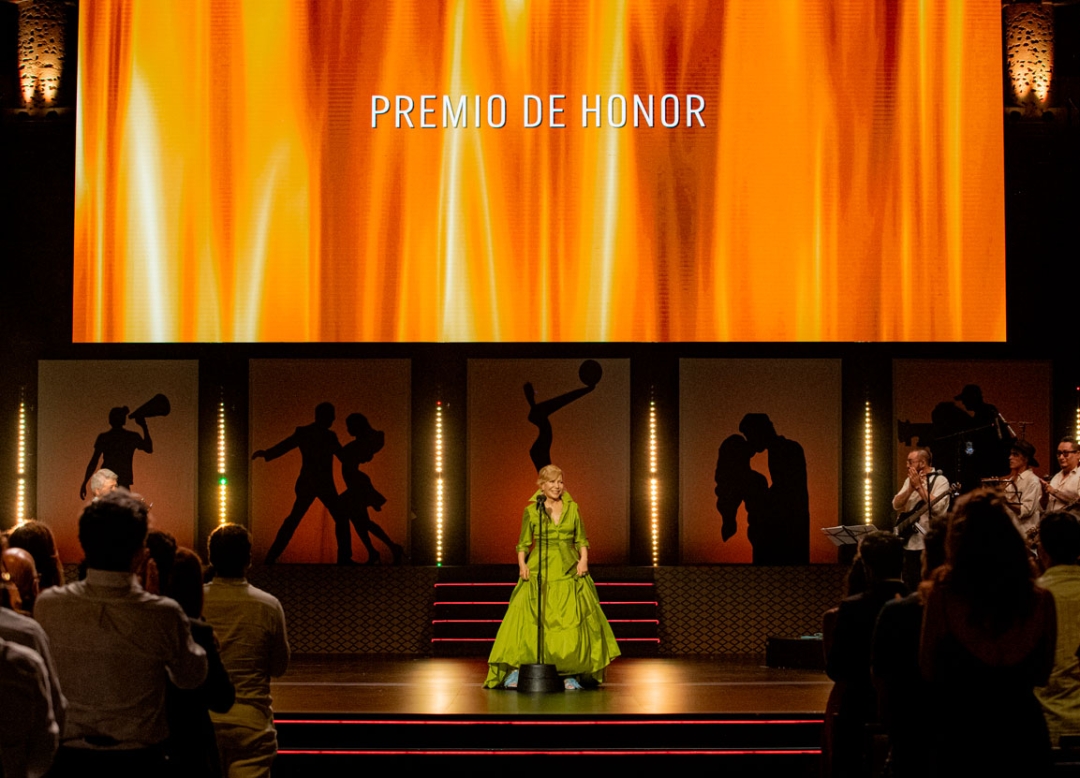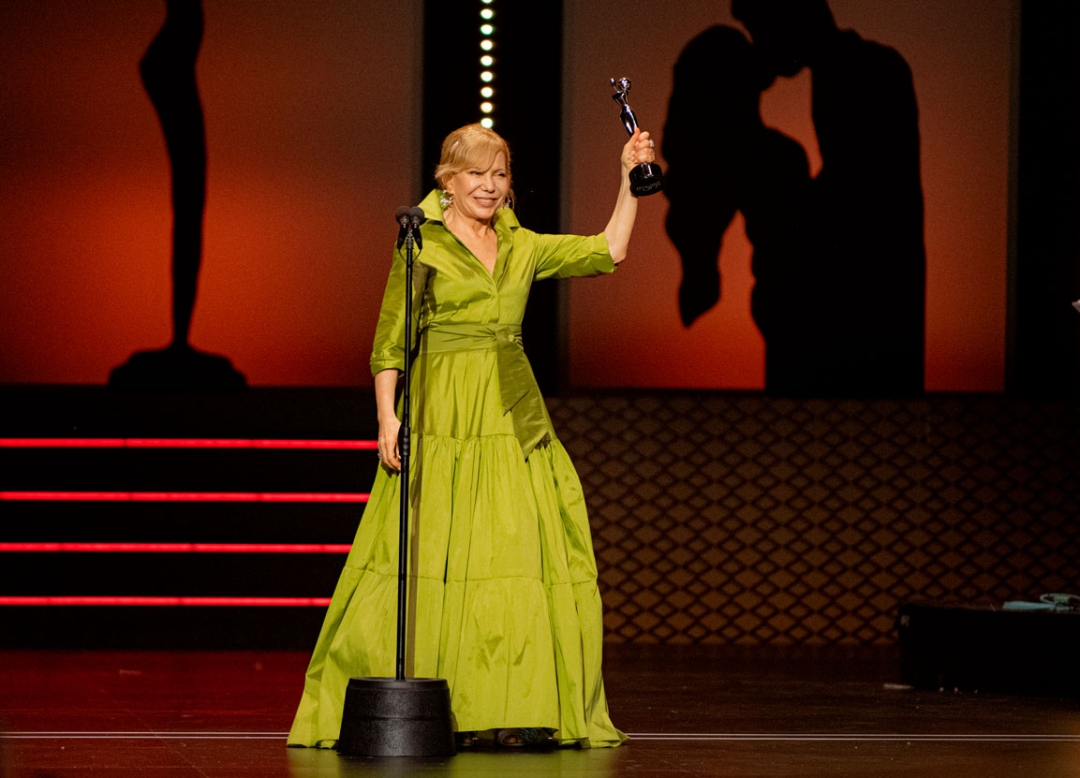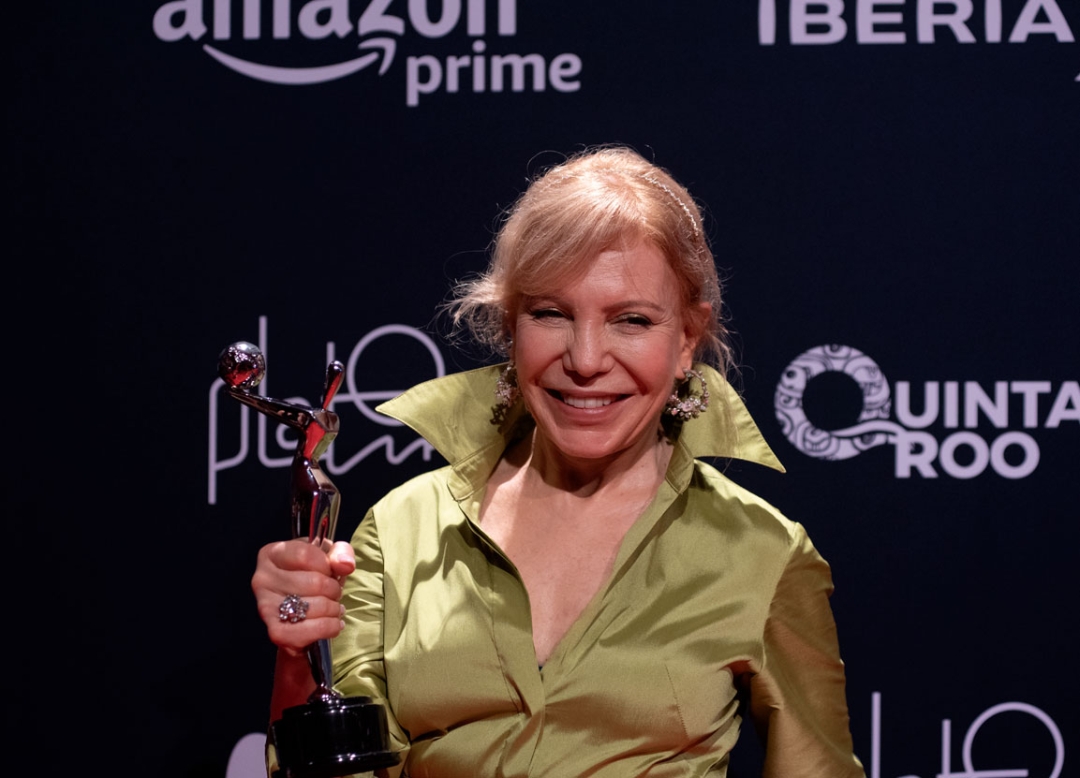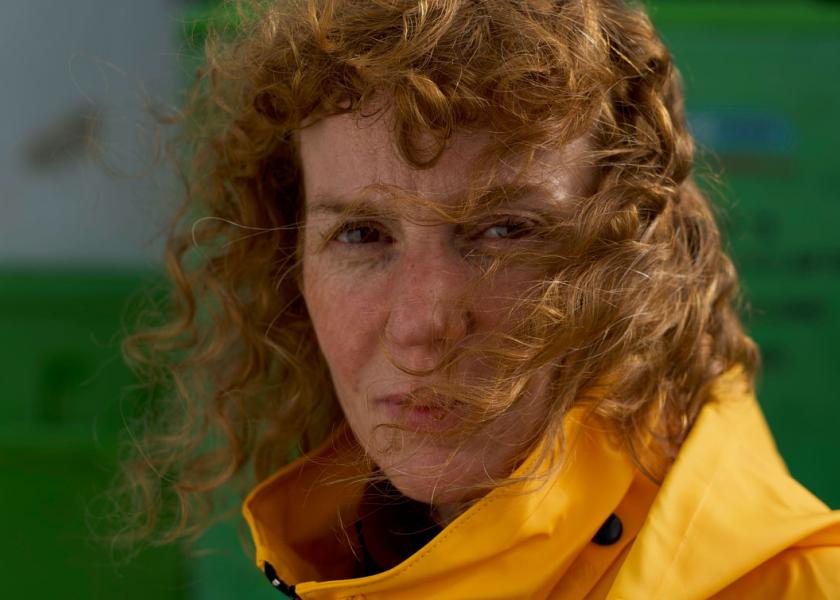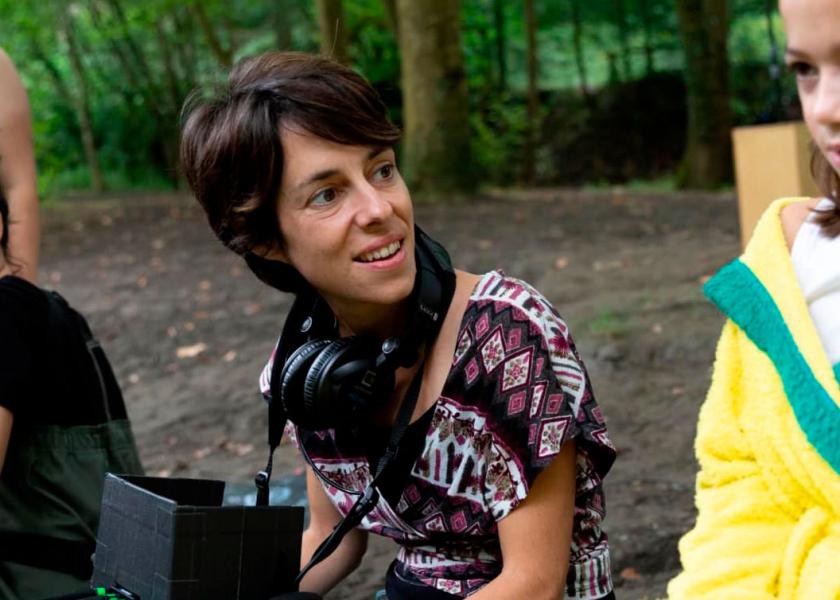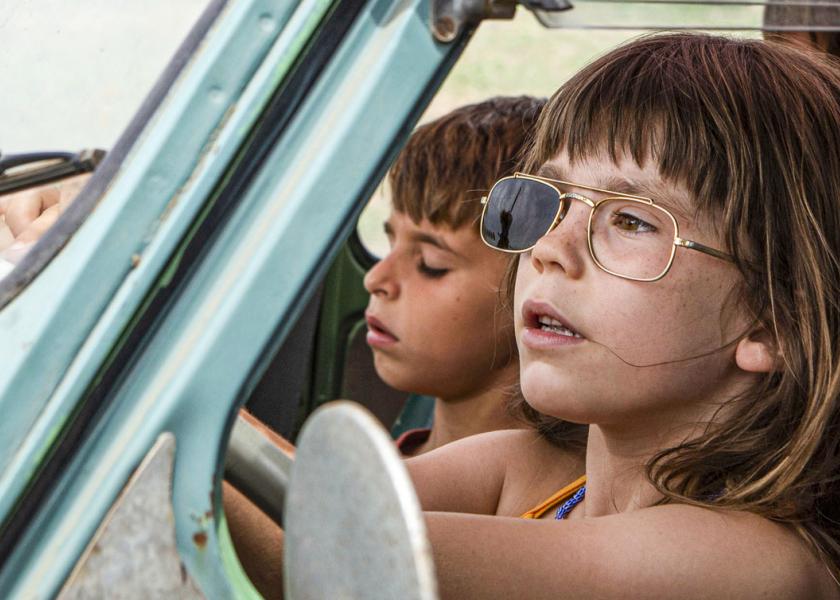Cecilia Roth
Platino Honorary Award
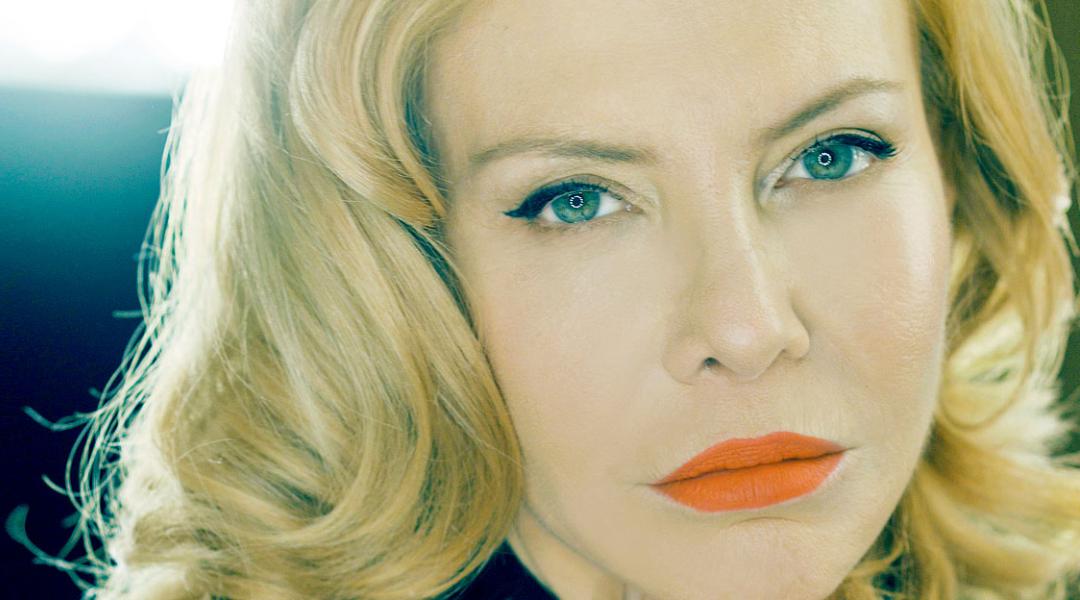
Cecilia Roth’s face is linked to some of the best films produced by Ibero-American film ('All About My Mother, Martín (Hache)', 'Arrebato'...) and her career, based on talent and hard work both in Argentina and Spain, is an example of the excellence Latin America and Spain can reach when they combine their artistic souls. In recognition of this, this year she will receive the Platino Honorary Award.
Since its creation in 2014, the Platino Honorary Award has been given to artists such as Antonio Banderas, Sonia Braga, Ricardo Darín, Adriana Barraza, Diego Luna, Carmen Maura or Benicio del Toro, among others. This year, Cecilia Roth (Buenos Aires, 1956) will receive the award for, in the jury’s words, “her significant contribution and role played in the history of Ibero-American film on the international stage.” An “outstanding” career that treasures cinematic gems such as All About My Mother—which is 25 this year, Cecilia herself reminds us—, A Place in the World, Kamchatka, Arrebato, Martín (Hache), Ashes of Paradise, Empty Nest... Built between Argentina and Spain, where she landed in 1976 fleeing the Argentine military dictatorship, her career (a word she detests, she confesses) is a rare example of the spirit of the Platino Awards, which proclaim the excellence of Ibero-American film and highlight the value of the connections between the countries that make up this industry. Overwhelmed by this recognition, she talks to us just a few days before climbing onstage at the Xcaret Park in Riviera Maya (Mexico), where the 11th edition of the Platino Awards, sponsored by Iberia, will be held.
Cecilia Roth, Platino Honorary Award of 2024, what does this recognition mean to you?
It’s shocking. Award ceremonies make me feel shy and I was dumbfounded when I found out. I thought they may have made a mistake. I’m extremely grateful and it brings me joy, but I’d like to leave it there because everything related to awards makes me feel slightly uncomfortable, due to shyness.
After acting for almost 50 years, what do you feel when you look back?
I don’t think about it much (laughs). But now that you mention it, I think about how time flies. 25 years ago we made All About My Mother... Imagine! The films I’ve shot are part of the fabric of my life because they have happened at the same time as everything else that has happened to me. Filming has always brought me great pleasure, I feel euphoric about it.
“The films I’ve shot are part of the fabric of my life because they have happened at the same time as everything else that has happened to me”
Was there someone especially important in the beginning that, now that you receive the Platino Honorary Award, you want to remember?
Adolfo Aristarain. He was assistant director on my first film (No toquen a la nena, 1976) and was who I auditioned for. In fact, he wanted me to play the main role. I didn’t in the end, but I really wanted to be in that film, and I didn’t care what role I played. I was studying acting, and I wanted to put it into practice. Adolfo calmed me down and conveyed confidence, as well as giving me advice regarding the camera in my first scene, about what acting meant in film. This year he’s going to receive the Gold Medal from the Spanish Film Academy and I’m very happy for him. He’s an important person in my life, we’re good friends and I will be there with him.
You’re an iconic actress, a role model. If you had a young girl who dreams of following in your footsteps in front of you, which roles of yours would you recommend she watch?
I’d never tell someone to watch my work to learn such and such. No, no, no… (laughs). I have more well-known works, like All About My Mother or Martín (Hache), which made a big splash and which I’m really proud of. Then there are smaller films like Other Days Will Come or Marriage. Also one of my latest films, Conversations On Hatred, a character that allowed me to go to places I’d never been to before. And I remember films like A Place in the World or Kamchatka with deep love and commitment.
The Platino Awards were born 11 years ago and have become a celebration of Ibero-American film. Do you think they were necessary, and have they bolstered the industry?
I believe so. Even more so because, sadly, the Fénix Awards, which had a similar approach, disappeared in 2019. The Platino Awards cast a growing industry and that does film good, it is nourishment for any country. Even though extraordinary films are being made in Argentina, we’re going through a rough patch. The National Institute of Cinema and Audiovisual Arts (INCAA) is being dismantled and the iconic Mar del Plata International Film Festival has lost funding, among other things. You can feel animosity towards the world of culture, but we’ll rise above this situation.
“Both Latin America and Spain are great producers of talent, and we grow when we’re connected. We’re not as strong separately”
The Platino Awards bring together producers, directors, and actors and actresses from both sides of the pond. This is closely related to your own career. How important is this connection?
It’s essential. Both Latin America and Spain are great producers of talent, and we grow when we’re connected. We’re not as strong separately. Excellent films are being made in Ibero-America which can compete with those made in Europe or North America, which are more established. Now, those of us who work in film cross borders with ease and we each maintain our own identity. That’s wonderful. When I came to Spain, I had to talk like I was from Valladolid (laughs).
In La mesías, one of your latest works, you’ve collaborated with both Javis [Javier Calvo and Javier Ambrossi]. What has the experience of working with these two young talents been like?
La mesías is an extraordinary series and I wondered why it didn’t receive more Platino nominations [only for Best Actress, Lola Dueñas, and Best Supporting Actress, Carmen Machi]. I think it’s because it hasn’t been shown in Latin America yet. It only received Spanish votes. Regarding both Javis, they are geniuses, two visionaries with a uniquely rich imagination. They complement each other and it was a pleasure to work with them. They know exactly what they want! They’re young, but they work like seasoned veterans. I love working with young talent and being part of this new vision of film.
“Talent can be built. It’s a combination of hard work, a lot of study and, of course, a lot of skill”
Finally, what is talent to you?
Not everyone has that gift, that genius, that charm... Whatever you want to call it. Something intrinsically personal, which is unique and cannot be copied. Oftentimes the person who has it doesn’t even know, it’s the rest of us who perceive it. Talent, however, can be built. It’s a combination of hard work, a lot of study and, of course, a lot of skill. For example, Pedro [Almodóvar] isn’t only talented, which he is, he has something that transcends talent. To work at any art, talent is a must.
